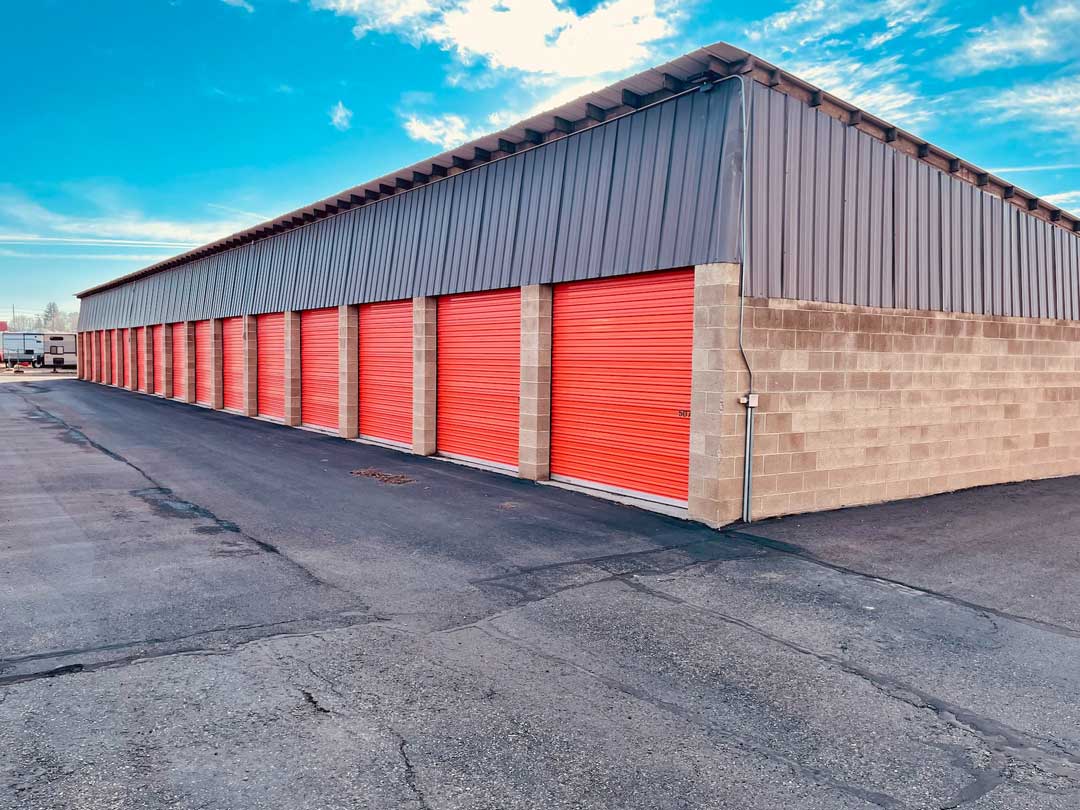If you want to move your established business location, there will be quite a few things to consider. From the physical location to how you will move your goods, you must plan carefully. For this article, we will focus on how your business can use a self-storage container to store your goods while you pack up and move.
Self-storage is an incredibly convenient solution for storing many of our home and office items including seasonal items, furniture, documents and vehicles. It’s the same case for any business within any industry, from offices to retail. These units are so popular, that new ones are being developed all the time. However, some things are illegal to keep in a self-storage, and even though rules vary depending on the location of a self-storage, there are some general rules shared by all of them. For businesses relocating within New York, partnering with expert Manhattan movers can ensure that the transition is handled efficiently and with minimal disruption. To help your business stay out of trouble, we have listed a few different items that are prohibited in a self-storage unit.
Hazardous Materials
Items that are toxic, flammable, explosive, or radioactive are generally prohibited in self-storage units. This includes gasoline, propane tanks, fireworks, chemicals, and batteries. If your business works with hazardous materials, then this is something you won’t be able to use in a conventional self-storage unit.
Illegal or Stolen Items
It is illegal to store stolen property, contraband, or any other illegal items in a self-storage unit. This includes illegal medicine, alcohol, firearms, and other prohibited items. This should go without saying, as your business should stay away from these items in general.
Perishable Items
Self-storage units are not suitable for storing perishable items, such as food or live plants, as they can attract pests and cause foul odours. If you want to store long-lasting products other than food, then make sure they are properly sealed. If your business works within the food industry, then this is something you will need to consider. It’s always best to contact the self-storage facility ahead of time, and it may depend on the location. If you’re looking for self-storage in Newark possibilities, then there are solutions available. Contact the experts first to find out what options are available.
Items With Odour
Storing things that have a strong smell or scent isn’t a good idea either. Just like food, they can attract pests, insects, rodents and vermin into your self storage causing problems for the rest of your items. If your business has any goods or items like this, then ensure you ask for clarification ahead of time.
You neither should store damp nor wet items as they’ll produce mould and mildew which can potentially damage all of your possessions. Wherever you want to put something in your self store, make sure it’s dry and well-packaged.
Animals
It is generally prohibited to keep animals or pets in self-storage units as they can suffer harm due to the lack of proper care, ventilation, and temperature control. If you are running a pet store, then you will have to look for alternative means for moving your animals, fortunately there are plenty of options. The same rule goes for your plants, whether indoor or outdoor plants, nothing living can be stored in a container or room storage. In addition to the above, it is illegal to use your self-storage as home.
Currency, Deeds, And Securities
It’s likely that your business may have money of important documents around. For money saving, self storage isn’t a perfect place. Even though most self storages have CCTV there’s no safer place for it than a bank. Nonetheless, indoor self-storage is great for storing and archiving important documents, at least temporarily.
It is important to check with the specific self-storage facility for their rules and regulations regarding what is allowed and prohibited before putting key business items away. Violation of any laws or facility policies can result in fines, legal penalties, and termination of the rental agreement.


















